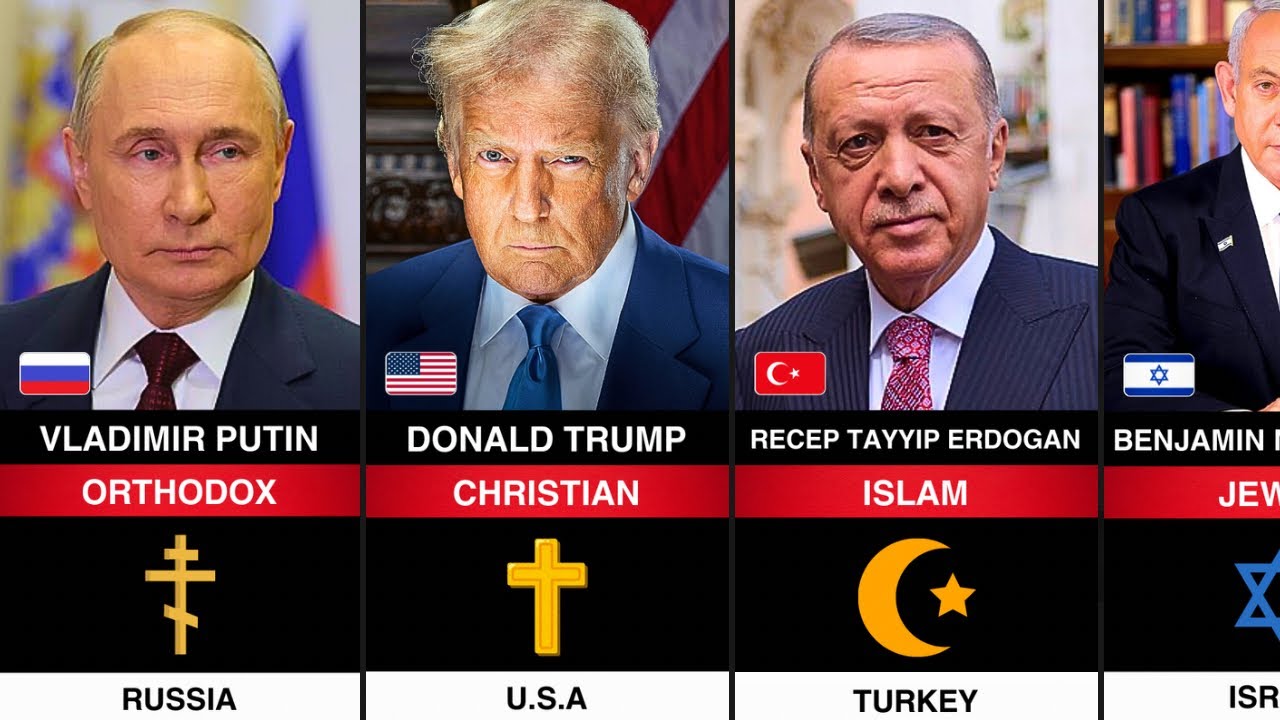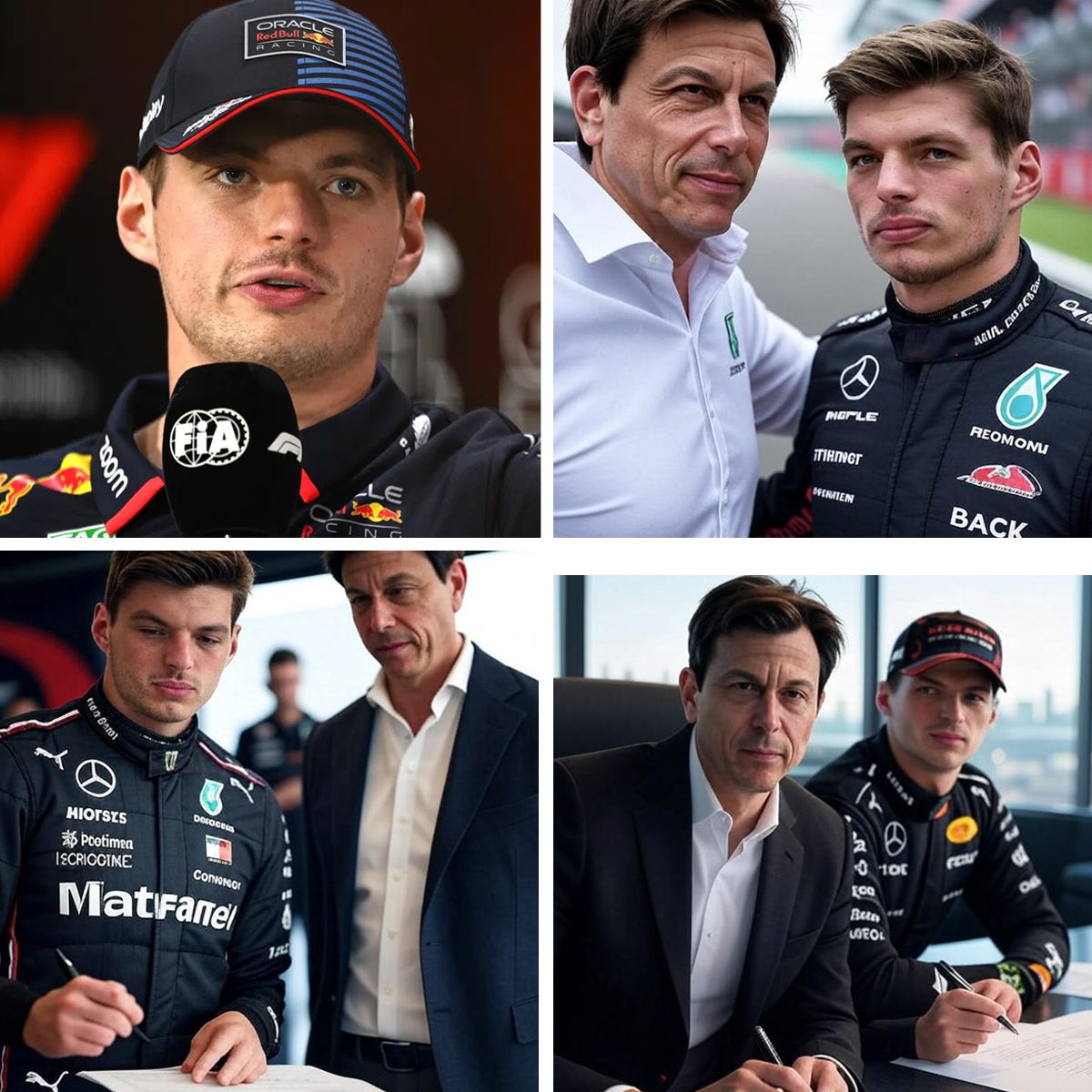In 2025, the religious affiliations of world leaders reflect not only personal beliefs but also deep ties to their nations’ histories, cultures, and political systems. While many leaders remain aligned with the majority religion of their country, some represent surprising contrasts—either due to secularism, conversion, or non-traditional beliefs. A closer look reveals a fascinating global mosaic of faith in leadership.

In the United States, President Joe Biden identifies as a Roman Catholic, making him only the second Catholic president in U.S. history after John F. Kennedy. Across the Atlantic, King Charles III, as the monarch of the United Kingdom, is the formal head of the Church of England. Meanwhile, French President Emmanuel Macron was baptized Catholic but is widely seen as secular in public life—reflecting France’s strong separation between religion and state.
In the Middle East, many leaders are Muslim, with denominations often reflecting political divides. For example, Iran’s Supreme Leader Ayatollah Khamenei is a Shia Muslim, while the leadership in Saudi Arabia follows Sunni Islam with a strong Wahhabi influence. In contrast, Israel’s Prime Minister traditionally practices Judaism, though secular and ultra-Orthodox tensions continue to shape the political landscape.
Asia presents further religious diversity. India’s Prime Minister Narendra Modi is a practicing Hindu, whose political party, the BJP, is often associated with Hindu nationalism. China’s President Xi Jinping, however, represents an officially atheist government, though the country hosts many practicing Buddhists, Christians, and Muslims. Interestingly, some world leaders—such as in Vietnam or North Korea—operate in explicitly secular or state-atheist systems.
Perhaps most surprising in 2025 is the number of leaders who identify as non-religious or maintain a neutral public stance on faith. As secularism rises in Europe and parts of the Americas, it’s increasingly common for elected officials to downplay religious identity. Nevertheless, religion—whether personally practiced or publicly symbolic—continues to play a key role in how leaders are perceived, trusted, and followed across the globe.
